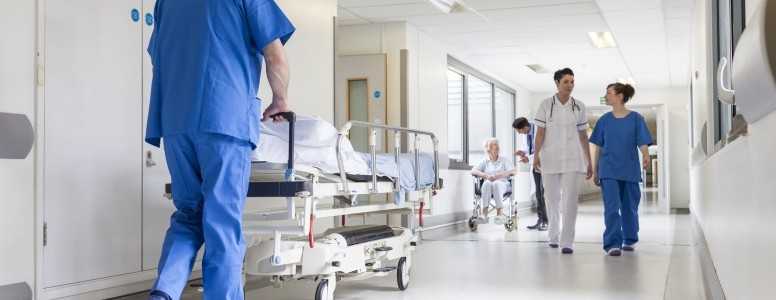It is “unacceptable” that the NHS is being forced to pay five times more than it should for insulin, a non-profit group has said.
A new study shows the health service is paying £404 per person every year for insulin, but experts say alternatives could be sold profitably for as little as £36 per person annually.
The trial, funded by Health Action International (HAI), a non-profit organisation promoting better access to medicines, suggested the inflated costs could be down to the global insulin market being dominated by three multinational companies, accounting for 96% of the global supply.
People with type 1 diabetes rely on insulin to keep their blood glucose levels well-managed, and thankfully people with type 1 diabetes in the UK do not need to pay for insulin on the NHS. However, as long as insulin costs remain high, greater strain is placed on the NHS.
Dr Margaret Ewen of HAI asserts that insulin costs worldwide must be lower. She said: “It is unacceptable. Estimating the cost of production for hepatitis C treatment was instrumental in getting dramatic price cuts. This needs to happen now for insulin.”
The study found that insulin should cost no less that $100 (£75) per year. However, the cost in the UK is $532 (£404) per person per year, and in the US $1,251 (£950).
The researchers concluded that there is a solution to reduce these costs: the use of biosimilar insulins. These are copies of existing insulins no longer protected by patents, and could be used to help the NHS make significant cost savings.
Last year, NHS England published a report calling for more biosimilar medication prescriptions to be made available.
However, there are currently few biosimilar alternatives available, meaning multinational insulin-producing companies can keep distribution costs higher.
“The World Health Organisation’s prequalification of biosimilar insulins, if and when realised, is likely to significantly encourage global competitio, but companies need to be sure that the insulin they produce will be purchased,” said the authors.
“It could be posited that more insulin would be purchased globally if biosimilars became available at the estimated prices, thereby expanding the market.”
Lead author Dr Dzintars Gotham added: “There is little public information about how much medicines cost to manufacture. Our analysis offers, for the first time, an insight into the insulin market and how prices could decrease, especially for analogues
“But if there is more competitio, our analysis suggests that prices could drop substantially, even assuming high development costs. The question now is what could enable more competition.”
The study findings have been published in the BMJ Global Health journal.
What's new on the forum? ⭐️
Get our free newsletters
Stay up to date with the latest news, research and breakthroughs.





